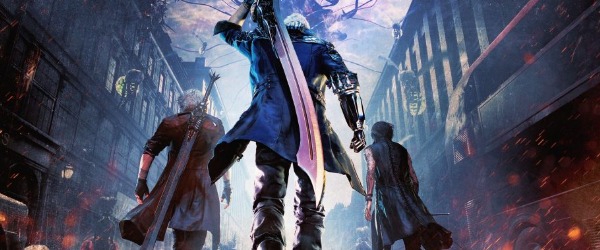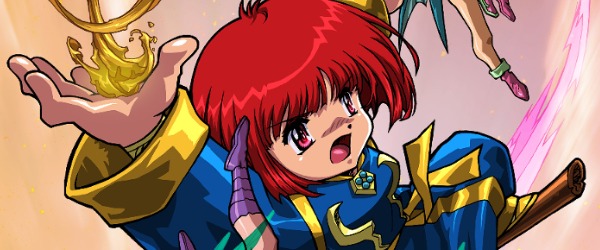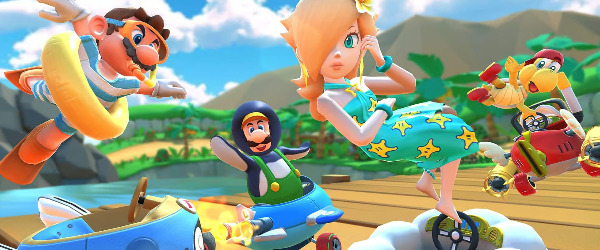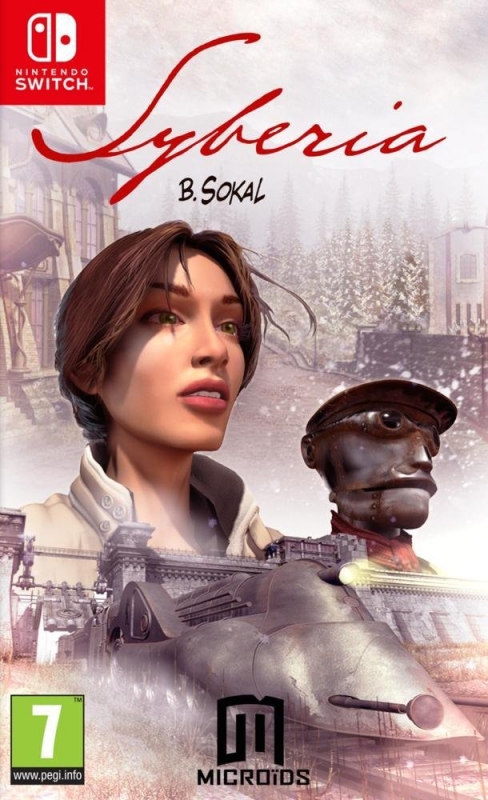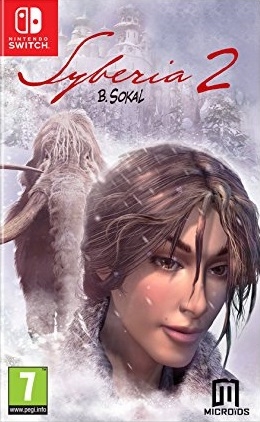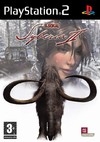
Forgotten Gems #10: Syberia & Syberia II - Article
by Taneli Palola , posted on 23 August 2019 / 3,686 ViewsThe idea of an entire genre going extinct has floated about the video game industry for decades, with people having historically been very quick to declare a specific genre dead once its glory days are in the past. The most notable genre that suffered from this particular perception among a lot of people was the adventure game. From around the late-1980s to the late-90s adventure games were among the biggest selling releases, especially on PC.
Things began to change around the turn of the millennium - with the popularity of shooters and actions games rising higher and higher, adventure games with their generally slower-paced, story-focused style began to decline. Yet, to say that adventure games were ever dead is at best misguided. The genre never truly went away, and even at its lowest point it actually remained relatively popular in Europe. An excellent example of this are the two games we're talking about today – Syberia and Syberia II.
Syberia – Clockwork Automatons
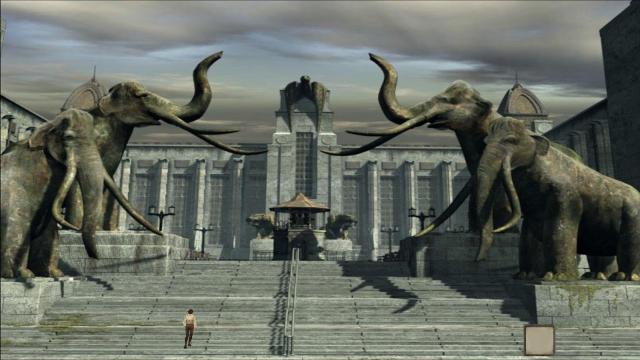
The golden age of adventure games is generally placed somewhere between 1985 and 1995, depending on who you ask and what your personal favourites are. 1998's Grim Fandango and its commercial failure is often regarded as the final nail in the coffin for both adventure games as a lucrative mainstream genre and the catalyst for LucasArts' decision to end adventure game development for good, with one notable exception in Escape from Monkey Island.
Just as LucasArts was shifting its focus away from the genre, various studios around the world were doing the exact opposite. Funcom would release The Longest Journey in 1999 to critical and commercial success, and around the same time work began on an adventure game that would eventually expand into an entire trilogy. This was, of course, Syberia.
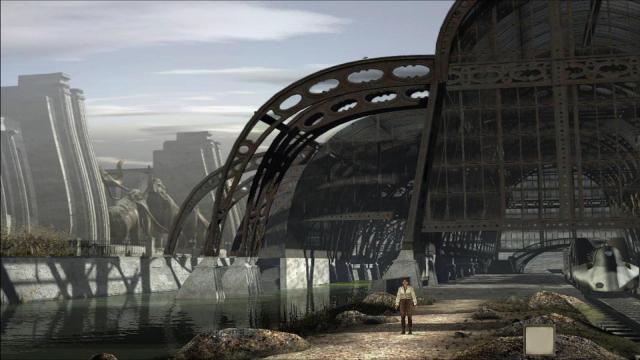
Conceived, written, and directed by Benoît Sokal, Syberia is a graphical adventure game with art nouveau and clockpunk elements that heavily influence both the story and the visual style that permeates the vast majority of the gorgeously designed locations found throughout your journey. This can be seen especially well in the various automatons the player encounters around the game's world, each of which are memorable in their own way.
The game follows the story of Kate Walker, an American attorney, as she journeys across eastern Europe and Russia in order to complete what was initially seen as a simple sale of an automaton toy factory. However, once it turns out that the owner of said factory, Anna Voralberg, has suddenly passed away and that her brother who was previously thought to be dead is actually alive, Kate must set out on a journey to find the missing brother and finish her suddenly much more complicated assignment.
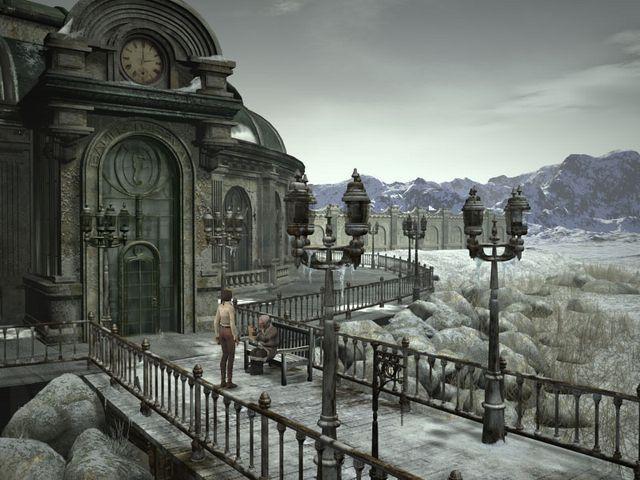
In regards to gameplay, Syberia is a very traditional graphic adventure game. It focuses heavily on puzzle solving using items and the environment as both sources for and solutions to them. In order for the players to make progress in the story and move to the next location they must complete a number of specific requirements in the one they are currently in. It's pretty much exactly what you would expect from this type of adventure, as more often than not adventure games lived and died by the quality of their puzzles.
Syberia was originally released on January 9th 2002 in Europe, and over the next few years became something of a sleeper hit, selling over 500,000 copies by late 2005 - an impressive number for an adventure game at the time. The curious part is that Syberia has never really stopped selling, with the series reaching 3 million copies sold before Syberia III was released in 2017. The first two games were very well received upon release, but the third was seen as a near universal disappointment.
Why Was Syberia Forgotten?
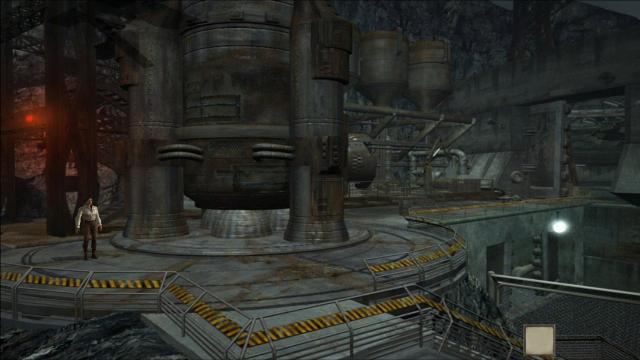
Generally speaking, adventure games made after the genre's so-called golden age could at most hope to achieve a status as cult classics, and Syberia quite quickly found itself in that position. This was despite it achieving a very respectable level of commercial success at launch. Unfortunately, adventure games weren't exactly part of the main stream in the early 2000s, and outside of dedicated adventure game fans Syberia was never going to reach a wide audience.
In some ways the sales numbers are somewhat misleading. While it is unquestionably impressive for an adventure game series to reach 3 million copies sold these days, that number was achieved over a period of 14 years. That certainly speaks for a consistency the likes of which few other games or series could reach, but it still unfortunately doesn't make the games anything beyond cult favourites.
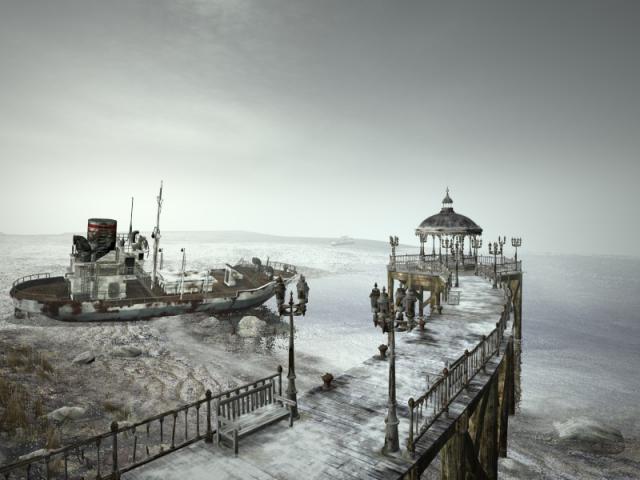
The success of the games also seemed to be largely limited to Europe, selling in excess of hundreds of thousands of copies within a few years and continuing to sell for years to come, whereas in North America sales seemed to plateau after a while. As a result the PS2 versions of Syberia and Syberia II were never released in North America, despite the fact that both ports were finished and released in Europe.
Another aspect that likely had a significant impact on Syberia's lack of long-term recognition was the fact that after the release of the second game in 2004, the series effectively died off for 13 years, so whatever momentum it had managed to build up with the first two titles ultimately went absolutely nowhere. The franchise was left to slowly fade into obscurity.
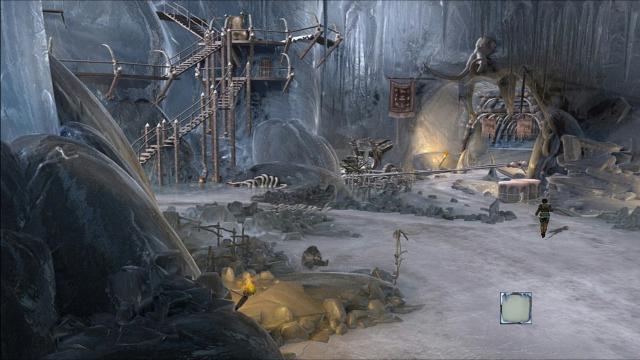
The general negative perception towards adventure games by most publishers meant that very few were interested in funding further releases. This, coupled with Benoît Sokal moving on to different projects with a different developer once he realized there was likely not going to be a third Syberia game, meant that even the people who would have been interested in further releases likely just gave up on the series after a while.
Why Should Syberia Be Remembered?
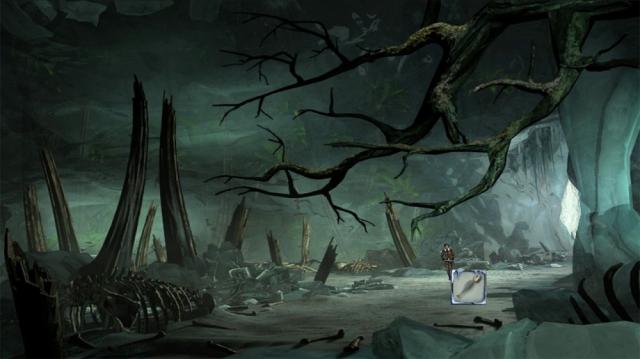
Syberia (and its first sequel, Syberia II) is among the very best adventure games made over the last 20 years. The story sets up an intriguing mystery surrounding the Voralberg family history, and then for the duration of the next two games continues to build it up through well-written character interactions, masterful environmental storytelling, and great use of music. The makers of Syberia also understood how to keep the players invested by consistently revealing new details about the central mystery, while still keeping just enough of it hidden to ensure they would keep playing after every reveal.
Together with some of the most strikingly beautiful and haunting visuals, especially when it came to the game's gorgeous backgrounds, and the often understated but fitting score, the narrative successfully created an atmosphere unlike practically every other game out there at the time. There is a sense of sorrow and longing to Kate's journey across old villages, abandoned factories, once thriving holiday resorts, and many other places.
Often just by letting the game sit still in one place you get a feel for the history of that location, of its past greatness and grandeur that has since slowly diminished and withered away as the years have passed by and people have either left or died. Despite many moments and scenes of levity interspersed throughout, the first two Syberia games are permeated by a sense of melancholy. Even in its most uplifting moments of success and discovery, the world itself seems so steeped in sadness and longing that it affects everything around it.
On top of everything the two games feature some exceptional vocal performances from the cast, especially from Sharon Mann as Kate Walker. She anchors the entire game and its story, both as a performance and as a character. Without such a great character at its center, or Mann's excellent performance bringing her to life, Syberia would not have been such a memorable game.
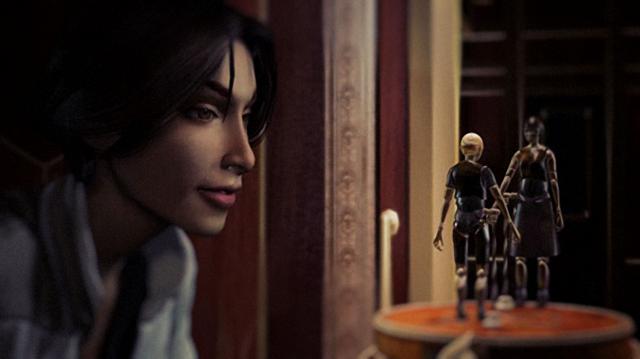
Ultimately, Syberia and its first sequel are heavily story-focused and fairly slow-paced games that take their time weaving their narratives, often letting the player discover the world's secrets on their own rather than holding their hands, leading them from one place to the next. They are games that require patience and thinking, but they are also immensely rewarding titles that don't treat the player like an idiot.
If you're a fan of adventure games, or just well-written titles in general, you should give Syberia and Syberia II a try. They came out at a time when most people had written the entire genre off as either dying or already dead, and as a result many missed them altogether. However, that is very easy to fix, as both games (as well as Syberia III) are still cheaply available on marketplaces like Steam and GoG. I bought the first two games during a sale years ago for around five euros combined.
Also, the fourth game in the series was announced literally as I was in the middle of writing this article, so now is a very good time to jump into the world of Syberia and experience its excellent story for yourself.








